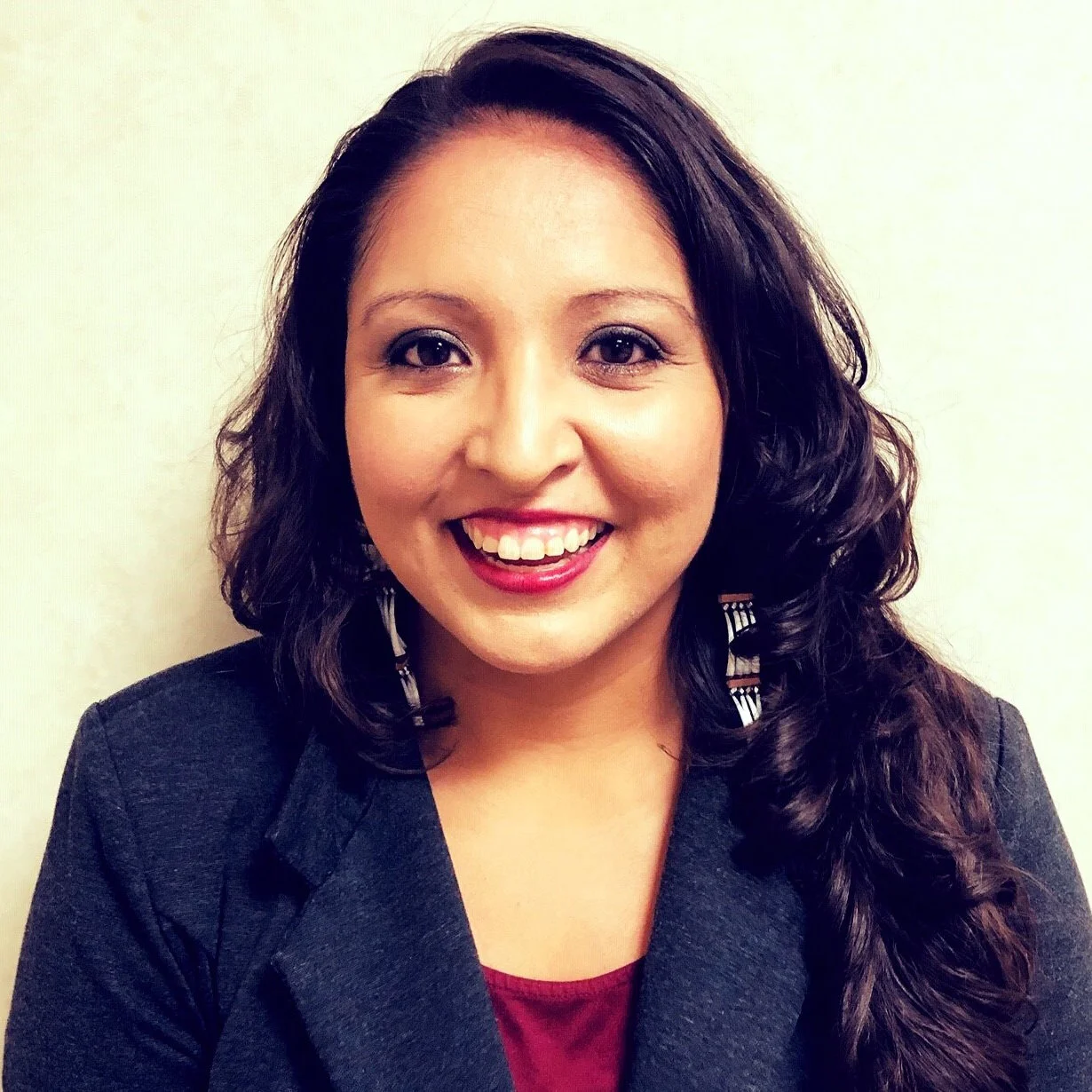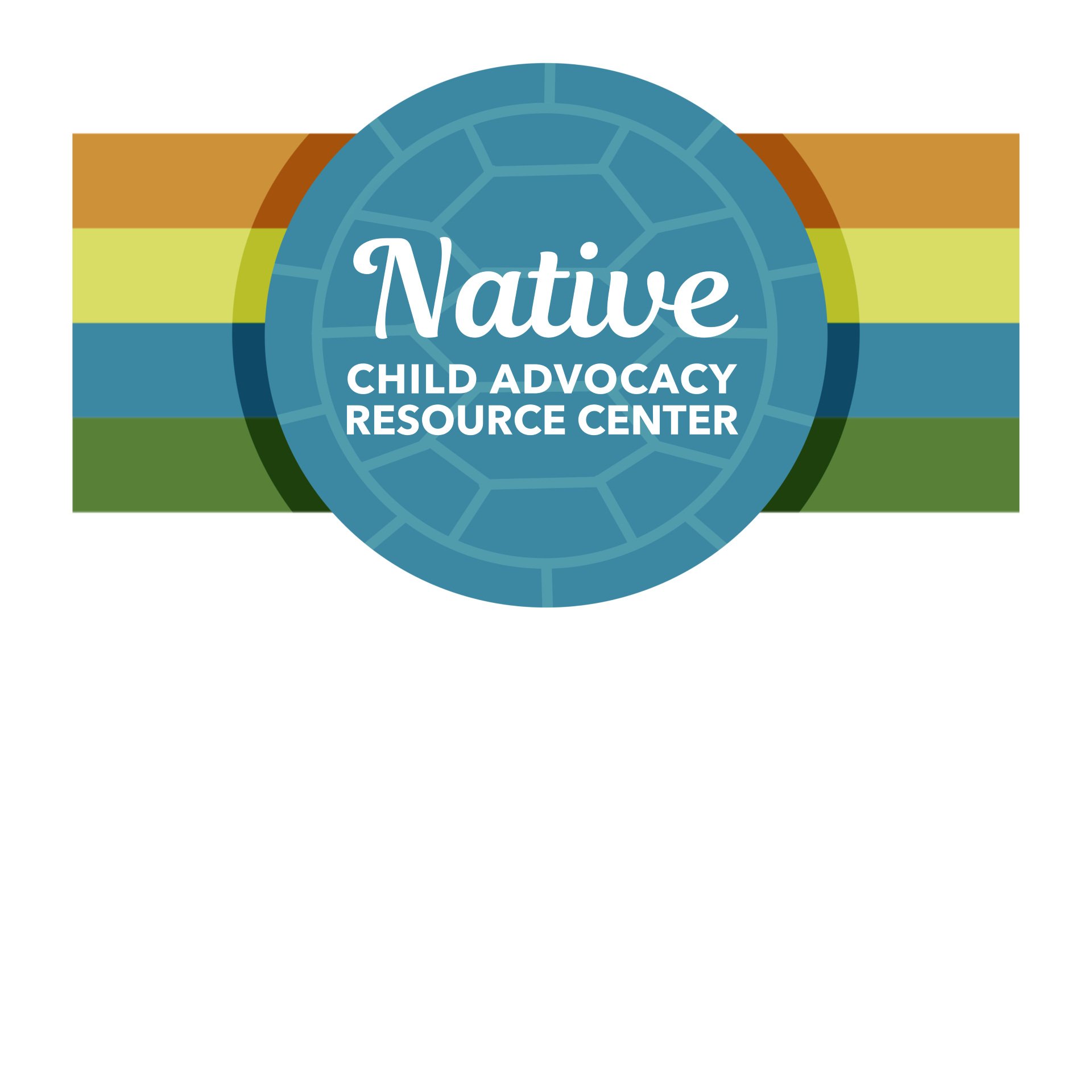
Our team
-
Executive Director
Fort Peck Assiniboine and Sioux Tribes, Absentee Shawnee
Maegan Rides At The Door has served as Director of the National Native Children’s Trauma Center since 2015 and Executive Director of the Native Child Advocacy Resource Center since 2020. She has designed and implemented a range of training and technical assistance initiatives in tribal communities, including projects focusing on the development of trauma-responsive systems of care; the implementation of cross-system youth suicide prevention programming; and the expansion of child advocacy centers’ capacity to meet the needs of tribal communities.
-
Project Director
Choctaw Nation of Oklahoma
Deanna Chancellor joined NNCTC in 2023 after serving 18 years as the Director of the Leflore County, Oklahoma, Child Advocacy Center and Women’s Crisis Services. She has extensive experience providing training and technical assistance related to all aspects of child advocacy centers including development, accreditation, cultural adaptations, and secondary trauma.
-
Training and Technical Assistance Specialist
Muscogee Creek Nation, Cherokee
Kimee Wind-Hummingbird joined the NNCTC in 2021 after 22 years serving youth and families in the child and family programs of her two tribal nations. In addition to extensive supervisory experience and expertise on the Indian Child Welfare Act, she has trained and consulted with both tribal and non-tribal partners, including judges, attorneys, state child welfare agencies, tribal child welfare agencies, and other service providers.
-
Training and Technical Assistance Specialist
Oglala Sioux, Crow
Sina Ikikcu Win (Takes the Robe Woman), Ethleen Iron Cloud-Two Dogs has over 30 years of experience in the helping field. Currently she provides training and technical assistance locally and nationally in the areas of youth, family, and community development; mental health; substance abuse; education; suicide prevention; juvenile justice, and cultural development. She serves on the Rosalyn Carter Mental Health Task Force, the Knife Chief Buffalo Nation Society Board of Directors, and the Anpo Wicahpi Owayawa (Morning Star School), Pine Ridge Girls School.
-
Training and Technical Assistance Specialist
Cherokee Nation, Pitt River-Paiute
Kara Pasqua joined NCARC and NNCTC in 2023 following more than 25 years serving children and families in the Indian Child Welfare and Child Support programs of the Cherokee Nation. As a supervisor in her Nation’s programs, she developed, implemented, and managed programming while working collaboratively with state, federal, and tribal agencies. -
Linda (LJ) Sato (Koyukon Athabascan) joined NCARC in 2024 after working as a family advocate, forensic interviewer, behavioral health clinician, and rural outreach coordinator for an Alaska-based CAC. Her educational background is in clinical mental health counseling.
-
Communications Director
Prior to joining the NNCTC in 2015, Mark Lane worked as an educator and as a freelance writer focusing on educational and social issues. The lead author on successful grant proposals totaling more than $17 million, he develops NNCTC and NCARC programming and budget priorities, assists with administrative oversight of all center activities, and leads the center’s communications efforts, including the development of curricula, products, and resources. -
Product Development Manager
Bad River Ojibwe
Jennifer Calder joined NCARC and NNCTC in 2023. Her background includes direct service experiences in elementary education and clinical settings. She also has extensive adult learning experience, developing and leading trainings and workshops for professionals through work with Montana’s Office of Public Instruction and in a prior role with the NNCTC. In her new role, she manages the development of curricula and other products.
Organization
The Native Child Advocacy Resource Center is a division of the National Native Children’s Trauma Center (NNCTC), a specialty unit within the College of Education at the University of Montana. Our center has been collaborating with tribal communities and AI/AN populations since 2006, working across all child-serving systems (child welfare, juvenile justice, educational, mental health, and primary care, among others) to support the development of culturally focused, trauma-informed programming that benefits children, families, communities, and tribes.









